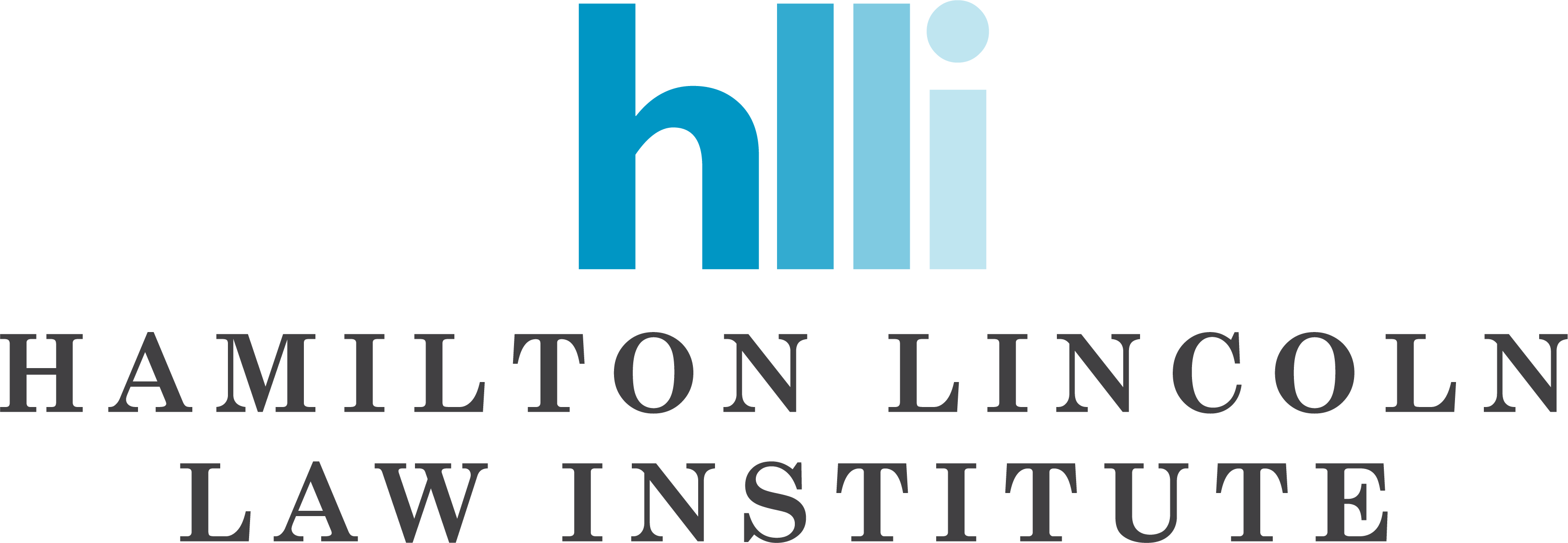June 24, 2024 — FOR IMMEDIATE RELEASE 
Washington D.C. — On Monday, June 24, the Hamilton Lincoln Law Institute fought back against the Securities and Exchange Commission practice of unconstitutionally silencing American citizens and preventing the public from receiving information about the Commission’s work with an amicus brief filed in the case Powell, et al. v. Securities and Exch. Comm’n, pending before the Ninth Circuit. HLLI’s brief supports Petitioners, those silenced by their settlements with the SEC and members of the press who are barred from reporting the settling defendants’ stories. Petitioners were denied relief after the SEC ruled against rescinding its gag order policy. HLLI’s brief argues that the appellate court should reverse that ruling.
Since 1972, the SEC has followed a gag order policy where it will only settle with defendants if the defendants waive their right to deny the allegations made against them. These “no-admit-no-deny” provisions prevent individuals from sharing their perspective for twenty years or more. Remarkably, the SEC portrays itself as the party whom this policy burdens. It claims defendants can choose to litigate and thereby avoid settlement and its accompanying gag order. This ignores nearly every defendant who must settle since he cannot afford the expenses of litigating against a Commission with its near limitless resources.
Petitioners requested the SEC rescind the rule, which it unsurprisingly denied. It justified its denial by arguing: 1) there is a public interest in the SEC settling cases; and 2) that it is only reasonable to settle if the defendant may not deny the allegations, or even allow to fester an impression that the SEC’s allegations were false or its enforcement actions abusive.
On appeal before the Ninth Circuit, HLLI offers four reasons to reverse the Commission’s ruling. First, the SEC gag orders are not consensual in practice. While defendants appear to consent, in fact, they have little to no choice but to settle. And since the SEC requires every settlement include a gag order, the SEC effectively gags every defendant against whom it initiates an enforcement action. Second, even if Petitioners did consent, it cannot justify enforcing the gag orders. The SEC’s claimed public interest in settling litigation and enforcing the settlement is not enough to justify entering a settlement when there is a “substantial public interest” against enforcement. One example of a “substantial public interest” against enforcement, as applies here, is where the defendant waived his constitutional rights as part of the settlement. The SEC’s desire to prevent settling defendants from creating bad impressions about SEC enforcement actions against them is not just unpersuasive as a public interest. It is antithetical to our democratic process that relies on citizens able to freely criticize the government, especially when the silenced citizens are the ones with the most experience with the commission at issue. Third, the gag order policy violates the First Amendment rights of interested members of the press, like petitioners Delaware Free Press and Reason Foundation. They are barred from exercising their First Amendment rights to receive and share information with the broader public. Fourth and finally, the SEC’s claim that gagging defendants is the only reasonable way to settle lacks merit based on even a cursory review of similar settlements entered by other enforcement agencies and private parties. Only a single other government agency has a similar gag order policy., and settlements among private parties exclusively often go further and include the defendant’s denial of the claims in the agreement itself.
The SEC is an agency with vast power over American citizens, but the Constitution limits that power. The SEC continues to violate free speech rights through its gag order policy. The agency failed to redress this wrong when it denied Petitioners’ petition to rescind the rule and the Ninth Circuit should reverse this error.
* * *
Founded in 2019, Hamilton Lincoln Law Institute is a nonprofit public interest law firm that challenges improper restrictions on speech, administrative and regulatory actions, and abuses of the class action and civil justice system that exceed constitutional limits, promote rent-seeking, or otherwise improperly created deadweight loss.
As a nonprofit, tax-exempt organization as defined by section 501(c)(3) of the Internal Revenue Code, HLLI relies on support from individuals and foundations that share a commitment to individual liberty, free enterprise, and limited government.
HLLI’s website is http://hlli.org.
